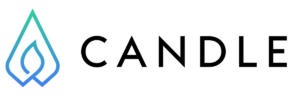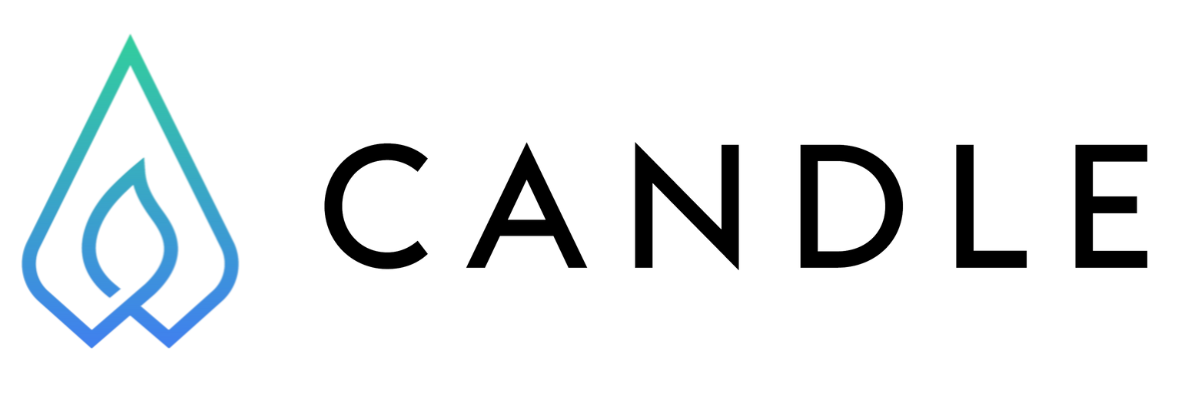In today’s fast-paced and highly competitive job market, finding the perfect opportunity can feel like searching for a needle in a haystack. Job seekers now have to go beyond traditional methods such as scanning job boards and updating resumes. Today’s successful candidates need strategic, data-driven insights to effectively navigate the professional landscape. One technological advancement that is proving to be a game-changer in this endeavor is Artificial Intelligence (AI). From predicting market shifts to analyzing company cultures, AI has revolutionized the job search process, making it more targeted and efficient[3].
The Power of AI in Employer Research
Researching a potential employer has always been a painstaking task. Traditionally, it involves hours of sifting through company websites, reading reviews, and trying to piece together a coherent picture of what it’s like to work at a particular organization. AI can streamline this process exponentially in a variety of ways:
- Aggregated Company Insights: AI-driven platforms compile data from diverse sources—such as company websites, news articles, financial reports, and employee reviews—into a user-friendly dashboard[7]. This enables you to get a 360-degree view of a company’s culture, financial health, and strategic direction almost instantly. Imagine Sarah, a marketing professional looking for new opportunities. Using an AI-driven platform, she quickly compiles a comprehensive view of potential employers—including financial health and employee sentiment. This allows Sarah to bypass companies with poor employee reviews and focus on organizations that align with her career goals.
- Sentiment Analysis: Tools use Natural Language Processing (NLP) to assess the tone and sentiment of written content about a company[3]. By examining employee reviews, social media mentions, and news stories, AI can give you an overall sentiment score, offering valuable insights into the company’s work environment and reputation.
- Customization and Personalization: Advanced AI systems tailor their search algorithms to match your specific career interests and requirements[3]. Whether you’re interested in a company’s DE&I initiatives, their remote work policies, or opportunities for career advancement, AI can zero in on the most relevant information for you.
Understanding Industry Trends with AI
Keeping abreast of industry trends is just as critical as researching individual companies. It can inform you about which skills are in demand, emerging sectors, and other critical factors that can guide your job search. Here’s how AI can help:
- Data Mining and Analysis: AI can process vast amounts of data at lightning speed by utilizing platforms like IBM Watson, which can analyze market reports and academic papers, or Tableau, which offers visual insights into data trends[3]. This real-time analysis can offer insights into which industries are growing, which skills are becoming obsolete, and what new job roles are emerging.
- Predictive Analytics: AI doesn’t just analyze current trends; it can also predict future ones. By recognizing patterns and leveraging historical data, AI algorithms can forecast market shifts, skill demands, and employment trends[3]. Imagine knowing what industries are expected to grow five years from now or which skills will be in demand—this information can be invaluable for planning your career trajectory.
- Competitive Analysis: AI tools provide real-time competitive analysis. For example, you can benchmark multiple companies against each other to see how they stack up in terms of innovation, financial performance, and employee satisfaction[3]. This helps you make a more informed decision about where to apply and what to expect.
Practical AI Tools to Aid Your Job Search
Here are some practical AI tools that can significantly enhance your job search efforts:
- LinkedIn’s Recruiter System Connect (RSC): This tool uses AI to synchronize candidate information between your ATS and LinkedIn Recruiter, providing features like rediscovered candidates, in-ATS indicator, one-click export, and more[8].
- Glassdoor’s Know Your Worth Tool: This uses AI to give you a real-time market salary, based on your profile and current market conditions.
- Jobscan: Jobscan uses AI to compare your resume against job descriptions to increase your chances of getting noticed by Applicant Tracking Systems (ATS)[10]. Users of Jobscan have reported a 30% increase in callback rates by tailoring their resumes to meet ATS requirements[1].
- Google Trends: While not a conventional job search tool, Google Trends can be used to monitor search queries related to job markets and industry trends[3].
Conclusion
Leveraging AI in your job search is not just a futuristic concept but a practical and impactful strategy you can implement today. From offering deep insights into potential employers to providing a broad understanding of industry trends, AI can equip you with the information needed to make well-informed decisions[3]. It turns a daunting, hit-or-miss job-search experience into a targeted, data-driven endeavor.
However, it’s important to be aware of potential drawbacks. The use of AI in recruiting has raised concerns about bias, discrimination, and the “ghosting” of candidates[7]. Experts predict that by 2025, AI will create over 90 million new jobs[3], but in the near term, job seekers may need to adapt their strategies, such as focusing more on networking, to navigate AI gatekeepers[9].
As AI continues to evolve, its role in shaping effective job search strategies will only become more pronounced. Don’t wait—start using AI tools to guide you toward finding not just any job, but the right job for you. But use them wisely in combination with other job-seeking best practices.
Citations:
[1] https://www.jobscan.co/resume-score
[2] https://www.ncbi.nlm.nih.gov/pmc/articles/PMC9516509/
[4] https://www.aplin.com/blog/job-hunting-in-2024-how-ai-is-changing-the-game/
[6] https://www.flexjobs.com/blog/post/how-ai-can-impact-your-job-search/
[8] https://learn.microsoft.com/en-us/linkedin/talent/recruiter-system-connect
[10] https://www.springboard.com/blog/news/how-to-use-ai-in-your-job-search/







